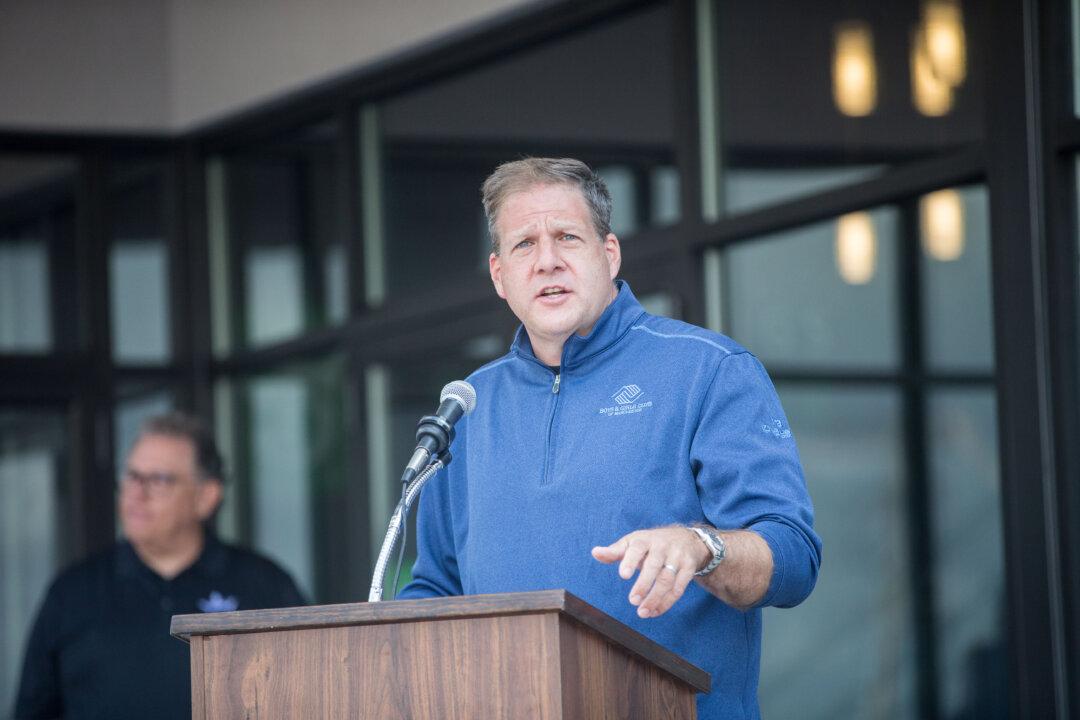New Hampshire’s Republican Gov. Chris Sununu said Wednesday that he will “absolutely not” mandate a COVID-19 vaccine.
In an interview on CNBC’s “Squawk Box,” Sununu was asked whether, in light of his state’s requirement for pre-school and kindergarten aged children to be vaccinated against a range of diseases in order to be admitted to school, he would support a COVID-19 vaccine mandate.





